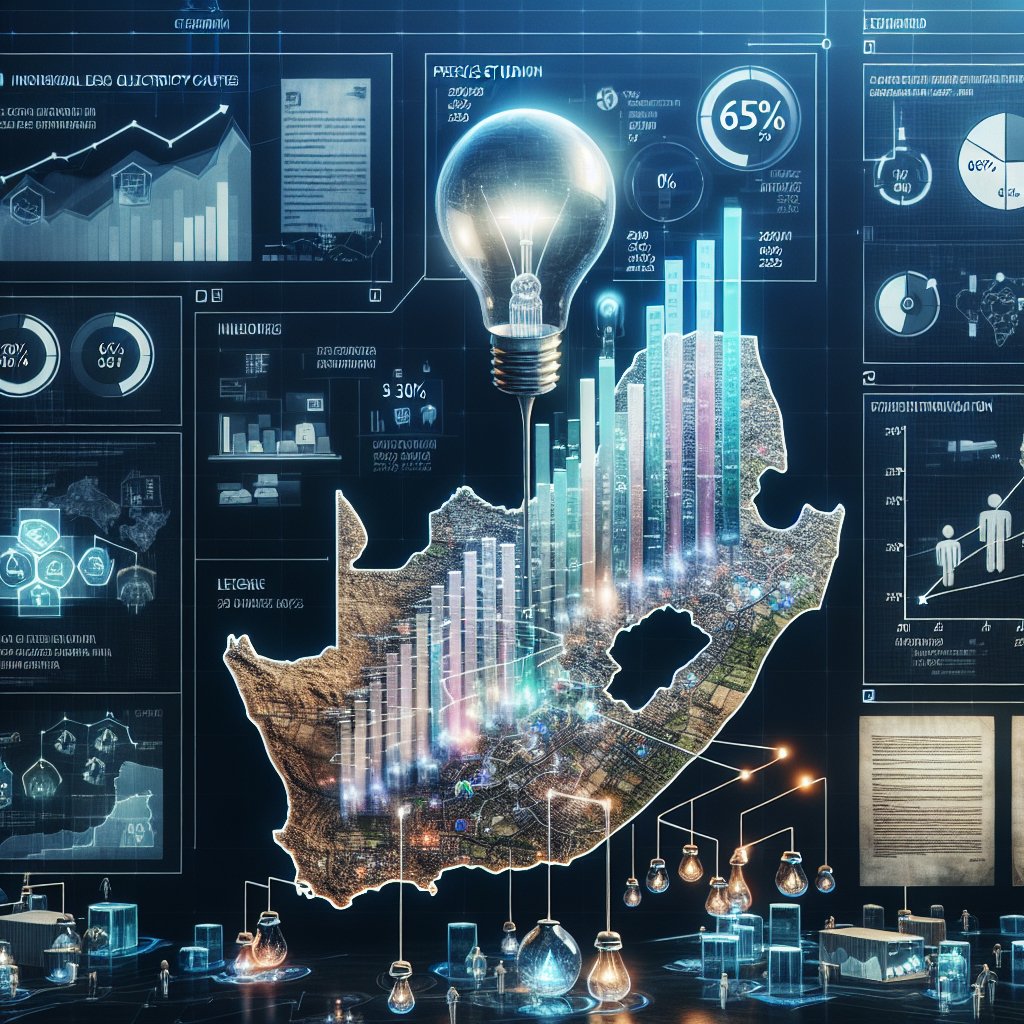Image created by AI
Nersa's Misinterpretation of ERA Results in Overinflated Electricity Tariffs
South Africa's electricity consumers have faced staggering price increases over the past 15 years, a situation now attributed to a significant oversight by the National Energy Regulator of South Africa (Nersa). Nersa’s head of electricity regulation, Nhlanhla Gumede, acknowledged that an incorrect interpretation of the Electricity Regulation Act (ERA) led to Eskom tariff increases amounting to 653% between 2007 and 2022, a rate substantially exceeding the inflation which increased by only 129%.
The misinterpretation centered on the focus of electricity regulation. It erroneously prioritized the revenue of Eskom, the state-owned power utility, rather than the cost of electricity supply. This contravened the intentions of the ERA and previous acts, which were designed to promote a balance between the interests of Eskom, its consumers, and the overall electricity supply industry.
The issue came to the fore following a failed legal appeal by Nersa. The appeal was against a ruling declaring the July hikes unlawful and invalid, a determination precipitated by legal action from AfriForum, a civil rights organization. AfriForum had moved against Nersa’s tariff increases slated for implementation in July, based on the argument that they contravened legal provisions.
The Pretoria High Court had earlier ruled that Nersa’s old method of approving municipal electricity tariff adjustments was illegal as it failed to consider the actual cost of the electricity supply, merely referring to preceding year’s tariffs. The ERA, however, prescribed that adjustments be grounded in comprehensive cost studies reflecting the true distribution cost entities incurred to supply electricity.
The court instructed Nersa to develop a new cost-reflective methodology within a year. In response, Nersa delegated the responsibility of carrying out cost-of-supply studies to the municipalities themselves. Following this delegation, 178 municipalities proceeded to increase tariffs as per Nersa’s guidance, but only 66 had completed the legally required studies justifying their tariffs.
In contrast, 112 municipalities advanced their tariffs without the mandated cost-of-supply studies, predominantly due to the financial and logistical challenges inherent in such studies and the inability to absorb Eskom’s 12.72% wholesale price hike.
The current predicament adds to the existing financial woes of South African municipalities, which cumulatively owe Eskom over R78 billion. This administrative imbroglio has placed consumers in a tight spot, especially those reliant on prepaid electricity, signaling broader financial and operational difficulties ahead.
AfriForum’s local government affairs manager, Morné Mostert, highlighted the agency’s possible speedy rectification for municipal account holders. Nevertheless, he indicated that correcting the errors for prepaid electricity consumers would prove substantially more difficult.
Looking forward, AfriForum underscored that tariff increases for the 2024/25 financial year would be considered, provided municipalities submit the necessary cost-of-supply studies within 60 days.
